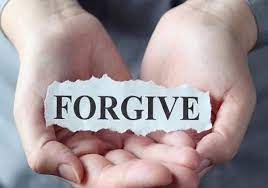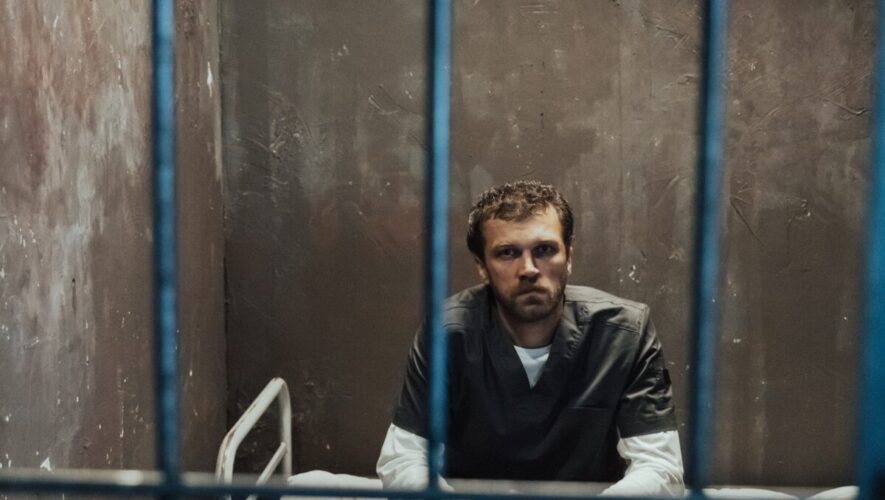Photo by Ron Lach at Pexels
By Lino Matteo | May 1, 2024
Julius Melnitzer’s Maximum Medium Minimum is more than one man’s journey through the Canadian penitentiary system. It also starkly shows the weakness and foolishness of our entire judicial system. It is supposed to be there to protect society, and to help rehabilitate; instead, it has become a fiscal burden on society, and punishes instead of rehabilitates. The author wonders ‘about a system that tries to rehabilitate people by forcing them into close quarters with the very influencers that have induced and sustained their criminality’.
Let’s remember some of the guiding principles of restorative justice:
- Crime is an offense against human relationships;
- Victims and the community are central to justice processes;
- The first priority of justice processes is to assist victims;
- The second priority is to restore the community; and
- The system should assist offenders and their families in a restorative healing fashion.

Forgiveness is not a requirement, but can there be healing and restoration without it? Likely not. In the words of Maya Angelou, “Bitterness is cancer – it eats upon the host. It doesn’t do anything to the object of its displeasure.”
The reality is that we should focus more on the way out and less on the way in. Too much effort is expended on incarcerating people. Too little on healing, learning and rehabilitation. People have to learn how to socialize in prison, “And so, among thieves, it is the gravest of transgressions to steal, because there is so little to have; it is a cardinal sin to ask, because there is so much to hide and precious little room to conceal; toilets are not flushed when the time comes to sleep because there is no choice about bedtime; inmates don’t shit in their cells in the presence of their roommates, even if they have to do it in their pants, because the cell is both ‘house’ and ‘home’; extras aren’t taken from the kitchen line until all have eaten, because there are no other times and no other places to eat.”. It can be a brutal and unforgiving place. But acts of kindness can and do exist.
The system treats people that plead guilty better. They get less time. They get a better chance at parole. And if you are actually innocent, well, get over it, because it doesn’t help you once the system has you in its clutches. Yes, prisoners have lives too. Lives in the joint and outside, but many have to put those outside lives aside to survive. That makes their entry back into society all the more difficult. Looking to the outside world brings hope to some, and fears to others, and a little bit of both to many.
As one prisoner laments, “There is nothing that I can say or do that will ever be good enough for the injustice that I’ve caused and forced upon you”. For many, then, the path towards healing is understanding that their acts caused harm to others. It should not be about crime and punishment; rather it should be about understanding and restoration. That is not the easier path, but it is the more secure path for all involved, including society. That should be the goal of our justice system.
RELATED ARTICLES
Lawyer forgives client who stabbed him in court
Knock at your door: why the police can make themselves at home
Trial judge may consider accused’s Indigeneity in criminal records admissibility determination: OCA
Lawyer convicted of racketeering too closely connected to judges for court to sanction him
Bail for RCMP official sentenced to 14 years for leaking state secrets to organized crime
